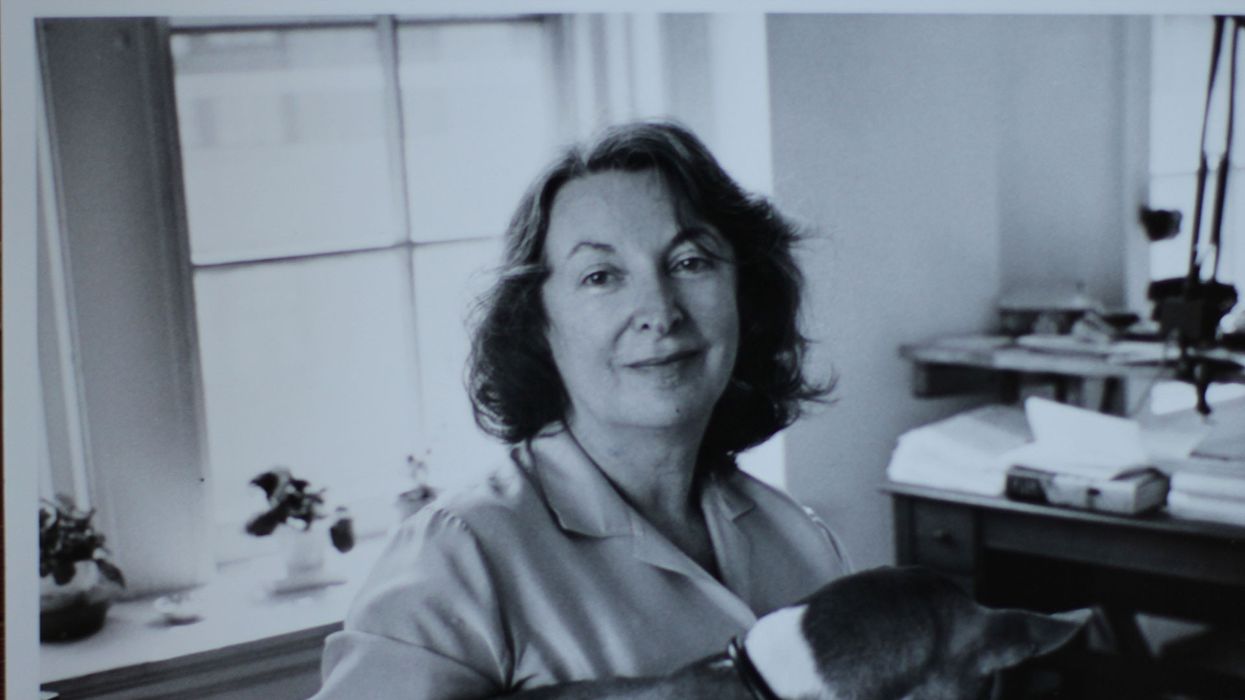Want to Learn How to Write About Movies? Know the Name of Pauline Kael
17 years after her death, Pauline Kael remains a force in the field of film criticism.

If you adore movies and are interested in learning more about how they tick, burrowing deep into what makes us love a particular film (or what makes us despise one), you'd be hard-pressed to read a better film critic than Pauline Kael (1919-2001). Must well known for her tenure as the film critic for The New Yorker (beginning in 1967 with an explosive rave of Arthur Penn's Bonnie and Clyde), Kael's prose was known for its sharp wit, its jazzy style, its intense breakdowns and scene analyses, and a no-holds-barred approach to sussing out a film's positive and negative qualities.
Regardless of whether you agreed with Kael or not, her writing was fascinating, providing observations that felt exclusively her own. Personally, her negative take on Stanley Kubrick's The Shining is one of this No Film School writer's favorite reads, albeit one I do not necessarily concur wholeheartedly with. In her wake, Kael's influence left behind a number of criticism disciples, known collectively (and usually appreciatingly) as "the Paulettes."
Kael is currently the subject of a film covering her life, titled What She Said: The Art of Pauline Kael, a documentary from filmmaker Rob Garver that last weekend had its premiere at the nonfiction fest, DOC NYC. A number of Paulettes and appreciative current film critics joined Garver for a post-screening Q&A to discuss the New Yorker critic's long-lasting power that continues to this day.
Check out the Q&A below.
Garver was accompanied on stage by film critics David Edelstein (New York Magazine), Stephanie Zacharek (TIME), Eric Kohn (IndieWire), and guest moderator Annette Insdorf, Columbia University Film Professor. Although the conversation is brief, there are enough questions posed (what would Pauline Kael have thought of Paul Thomas Anderson's Phantom Thread?) and tidbits revealed (she apparently loved Boogie Nights and Magnolia) to make it worthwhile. It also speaks toward her generosity to her younger peers, as revealed here, that she would host 35mm screenings of new releases and invite her colleagues to join her to hear what they thought. That they were often too intimidated to tell her speaks volumes of the power and respect she had earned.












